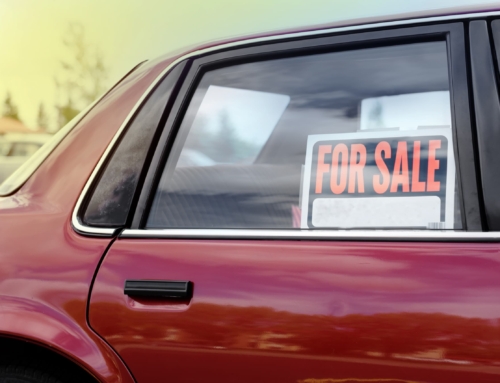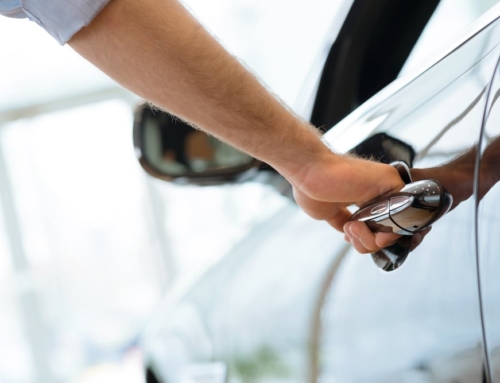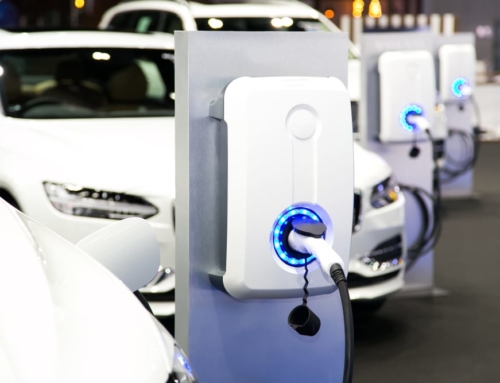One of the questions many people ask when it comes to cars is “What is better: buying or leasing?” The answer depends on a number of factors.
When you lease a car, you get the use of it for a mere 24 months or so. Then, you turn it back in and get another. Although you always have sparkling new vehicles, you also always have a monthly payment. Don’t you ever want to shed that burden?
If you do, consider buying a high-quality car that meets your needs and purchasing an extended warranty along with it. Research the best way to negotiate the price for the car, warranty, and add-ons. Get the car serviced and cleaned regularly. You will have a new-looking vehicle for at least 10 years or more, and your payments may stop after only five years, depending on how much you pay each month on the loan.
For an even better deal, get the vehicle slightly used. You may even have the option to buy the dealer’s loaner or demo vehicle. If you can do this, you will know the car’s history without needing to research it.
Is buying also better than leasing when it comes to your taxes?
For tax purposes, if you must have a high-end car that isn’t a gas-guzzling tank (over 6,000 pounds), you’re better off leasing. You get to claim a deduction for the business percentage of the whole cost of the lease, insurance, license fees, fuel, car washes, etc. If your lease fees are more than $700 per month, for example, you can receive a substantial deduction—more than $8,000 per year—if you use the car primarily for business.
If you buy the same car new instead of leasing it, your deduction related to the purchase price would be limited to the depreciation on the car plus the interest expense on the payment if you are self-employed. Using bonus depreciation (because the car is brand new), your first year’s depreciation could be as high as $11,160, but it will substantially drop in the second year to $5,100, $3,050 in the third year, and then $1,875 forevermore. The lease would allow a consistent deduction of $8,000 or more, year after year.
I have had my Infiniti G20 for nearly 20 years. It was a dealer loaner. With the extended warranty, I got bumper-to-bumper dealer service for 10 years (or 100,000 miles) along with free loaner cars and first-class treatment. Due to Infiniti’s policy about free loaner cars, I continue to get the free loaners even though the extended warranty has expired.
Despite the tax implications, however, you should try to buy your vehicle if you can. Buy a quality vehicle and treat it well—in the long run, you will save cash and enjoy a great value.
Eva Rosenberg, EA is the publisher of TaxMama.com, where your tax questions are answered. She is the author of several books and ebooks, including Small Business Taxes Made Easy. Eva teaches a tax pro course at IRSExams.com and tax courses you might enjoy at http://www.cpelink.com/teamtaxmama.





